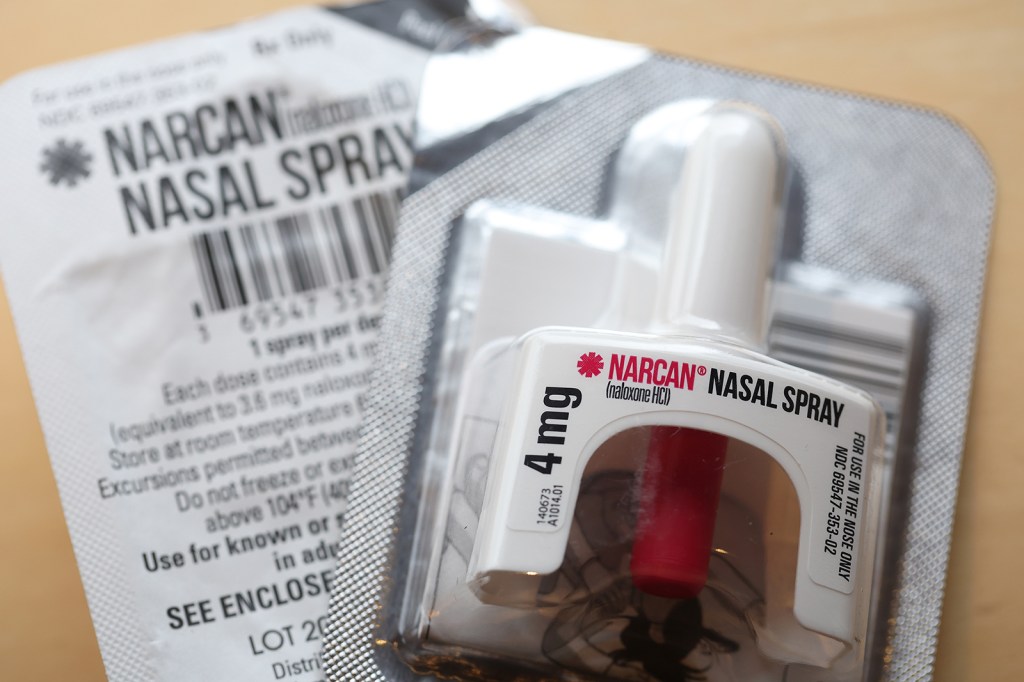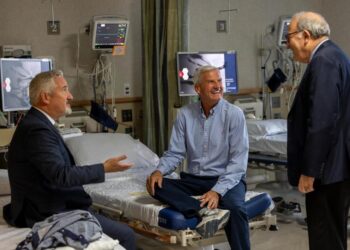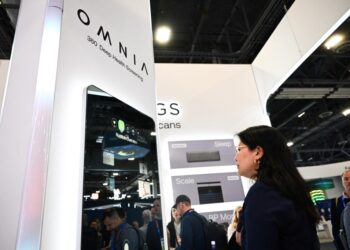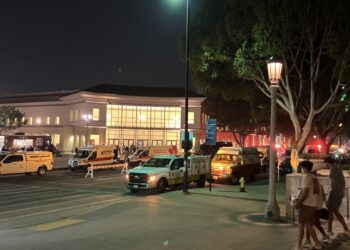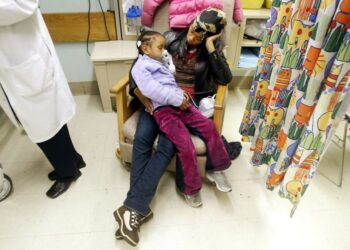Posing as shoppers, a team of researchers from the University of Mississippi called nearly 600 pharmacies across the state and asked a simple, yes-or-no question: “Do you have naloxone that I can pick up today?”
Mississippi enacted a law authorizing pharmacists to sell the opioid overdose reversal drug naloxone— often sold under the brand name Narcan — in 2017. The drug, which can be administered via nasal spray or injection, can prevent death from overdose by blocking the effect of opioids in the body.
The results of the survey, conducted last year, were disheartening: Despite the Mississippi law, 41% of the pharmacies the researchers called refused to dispense naloxone. Only 37% had naloxone available for same-day pickup. Most of the pharmacies saying they could not immediately provide naloxone said it required a prescription, which was false.
“It seems like that refusal might have been driven by a lack of education about the state’s naloxone policy,” said Emily Gravlee, a pharmacist and a doctoral candidate at the University of Mississippi who conceived of and directed the secret-shopper study.
Earlier this year, the U.S. Food and Drug Administration approved Narcan to be sold over the counter. That means that residents in every state can buy it at their local pharmacy without a prescription — at least in theory.
In reality, access remains patchy.
As the Mississippi researchers and other studies have found, pharmacies don’t always keep the drug in stock. And naloxone spray can be pricey for people paying out of pocket; a two-dose pack of Narcan typically retails for about $45-$50. As an over-the-counter medicine, it may not be covered by insurance.
In the past year, more states and municipalities have launched programs to distribute hundreds of thousands of doses of naloxone for free in a myriad of ways: by mail, vending machines, community groups, telehealth, first responders and…
Read the full article here

